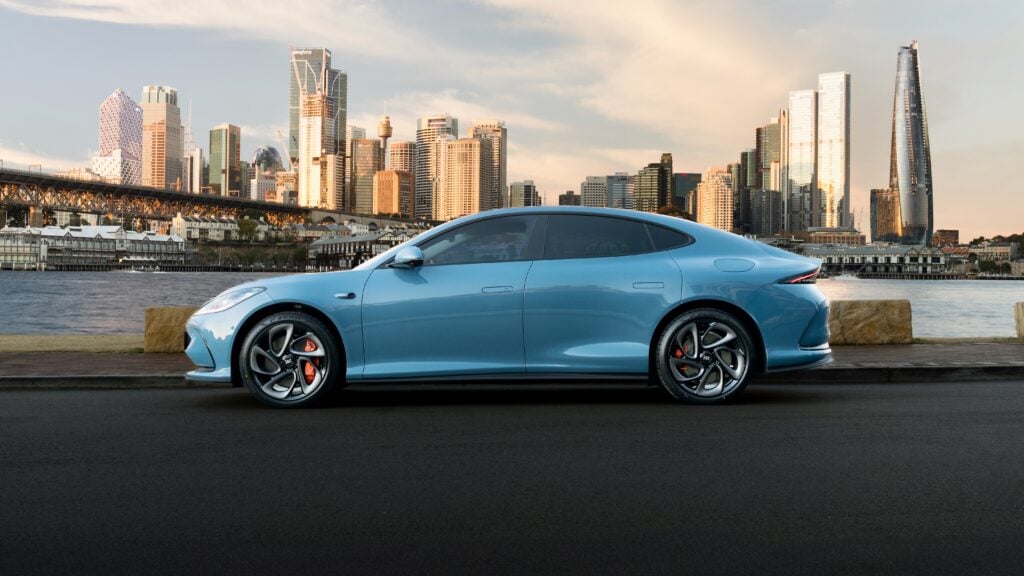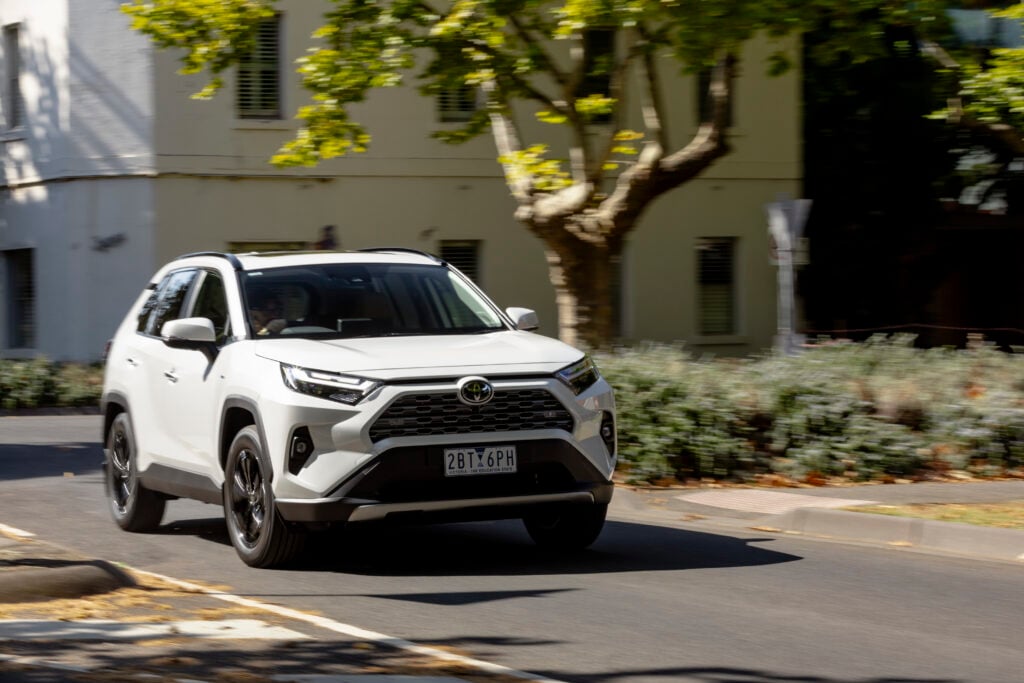Advice

Gallery 1
What is an extended warranty?
An extended vehicle warranty provides protection beyond the life of the basic manufacturer or dealer warranty.
What basic warranties do cars come with?
- New cars must be dealer guaranteed for a minimum of 12-months from the date of sale or 20,000km, whichever comes first, though most cars come with manufacturer warranties ranging between three and seven years. Some manufacturer warranties have unlimited kilometres.
- New car warranties are usually transferable across to the new owner if the car is sold within the warranty period.
- Used passenger cars come with a statutory warranty that lasts up to three months or less depending on the age or mileage of the car and which state it is purchased in. Older cars, usually more than 10 years old, do not require a warranty but require a roadworthy.
- Warranties basically cover the car and accessories fitted on behalf of the manufacturer at the time of sale should they fail or wear out before time, but there are exemptions such as the car stereo, seat upholstery and paintwork
- Warranties do not include general wear and tear or third party parts and accessories such as oil filters, batteries and car tyres. They don’t cover car servicing or damage caused by an accident or misuse and some modifications may void the warranty.
Where to purchase an extended warranty
Both new and used car dealers will want to sell you an extended warranty as an additional cost on top of the car price or as part of loan repayments.
Some dealers offer free extended warranties as a sale incentive; however these often come with extra conditions attached.
It’s also possible to get independent extended warranty coverage via insurance companies which also offer extras such as free towing and roadside assist.

1
What to check if purchasing an extended warranty
- Make sure you’re not paying for any protections you’re already entitled to under basic warranties.
- Find out what is covered and what isn’t so you’re absolutely clear.
- Get all terms and conditions in writing.
- An extended warranty is not compulsory so don’t feel pressured to purchase a policy and take your time to decide.
- You don’t have to purchase the extended warranty at the point of sale so shop around
- Look out for any conditions surrounding the validity of the warranty, such as having to use branded parts and accessories, particular motor mechanics or unreasonable service costs and intervals.
- Make sure the terms of the warranty allow for your car’s service book to be stamped by any mechanic who services the car.
- Are there excess fees or limits to how often you can claim on the warranty?
- Work out how much it will cost you in the long term.
- Some finance companies may require you to purchase the extended warranty as a condition of the loan. You may end up paying more for your car than it is really worth and you will be paying interest on the warranty. You may also end up paying for the warranty after it expires. This goes for other items car dealers try selling such as paint protection or tyre and rim insurance.
- If you buy a new vehicle covered by a manufacturer or statutory warranty you should get a qualified mechanic independent of the seller to do a full inspection before you purchase the car or before the warranty runs out.





